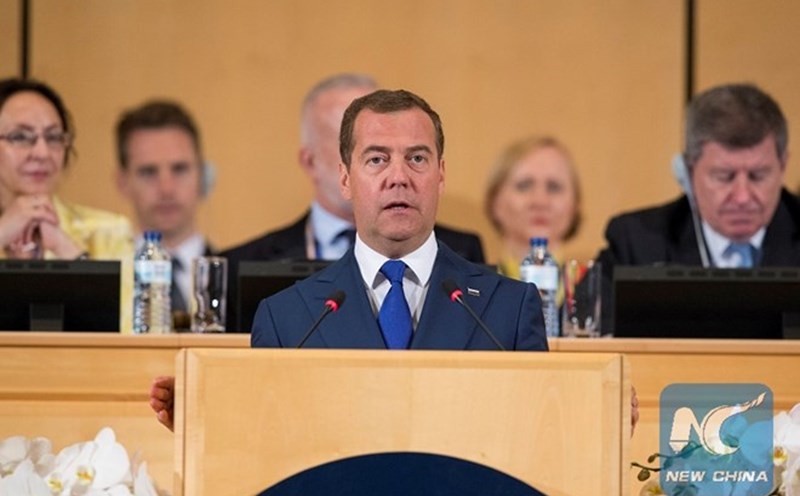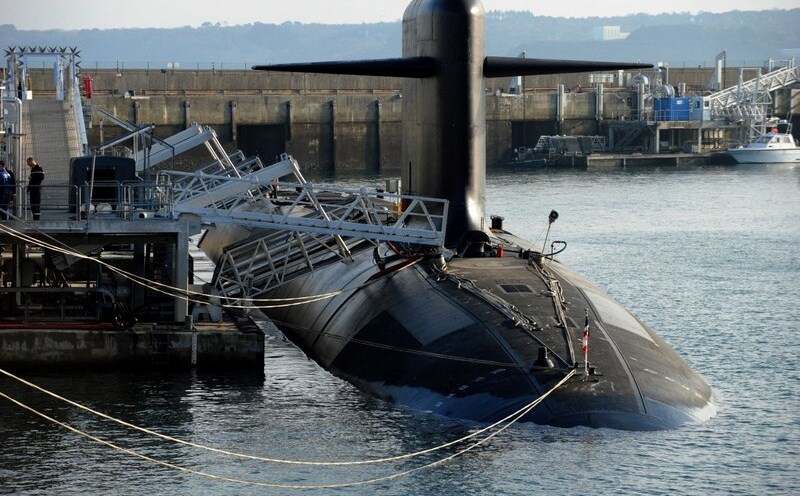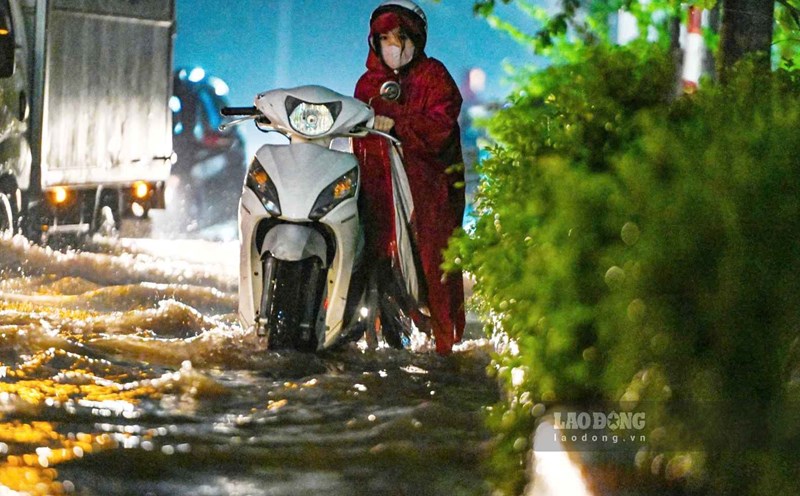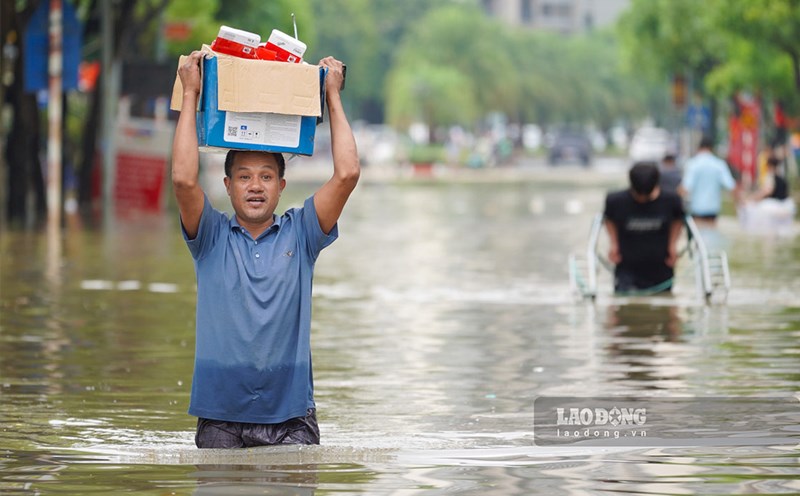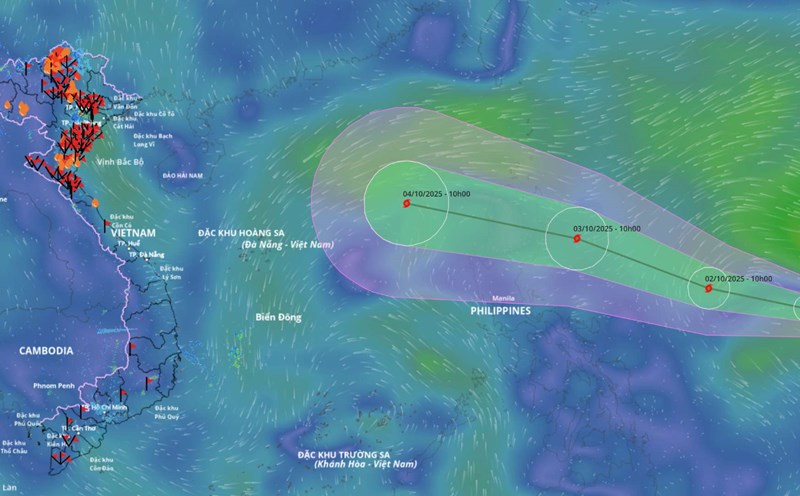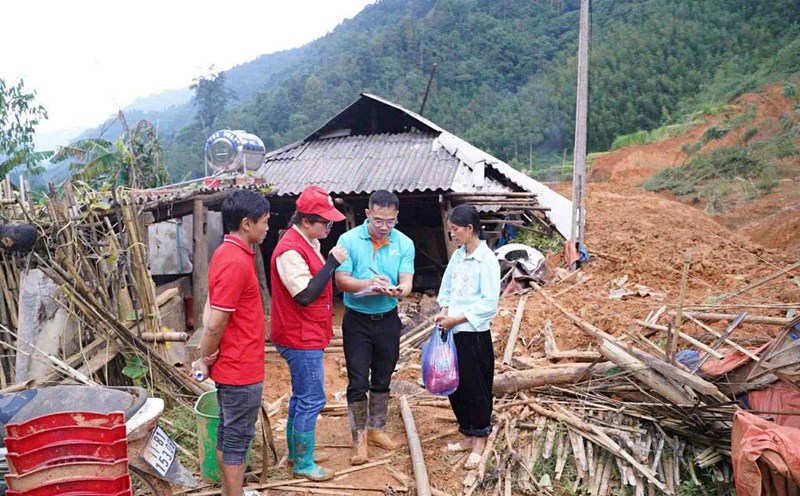Ukrainian President Volodymyr Zelensky said that the situation at the Zaporizhzhia nuclear power plant under Russian control has become dangerous, as Russian shelling has blocked the restoration of power lines to provide cooling energy for reactors and prevent nuclear melting incidents.
In a video address on the night of September 30, President Volodymyr Zelensky noted that a diesel generator that provides emergency power to Zaporizhzhia is no longer operational. This comes seven days after a power line outside Europe's largest nuclear power plant in Ukraine collapsed.
"This is the 7th day. There has never been such an emergency at the Zaporizhzhia plant. The situation is very dangerous. Russian shelling cut off the plant from the power grid," Zelensky said.
Zaporizhzhia is Europe's largest nuclear power plant, with six nuclear reactors. The Russian military has controlled the plant in the first weeks after the conflict broke out in February 2022. Since then, Russia and Ukraine have repeatedly accused each other of attacking that endangered nuclear safety.
Currently, Zaporizhzhia plants do not produce electricity, but need electricity to ensure fuel in nuclear reactors remains cool and no heating occurs.
This is the 10th time since the Russia-Ukraine conflict began that the Zaporizhzhia plant has been cut off from the grid.
"This is a threat to everyone" - the Ukrainian President emphasized, noting that no terrorist in the world has ever dared to act like the current developments around the Zaporizhzhia nuclear power plant.
Rafael Grossi, head of the International Atomic Energy Agency (IAEA), the UN's nuclear watchdog, said he was working with both Russia and Ukraine to restore power lines outside the Zaporizhzhia nuclear power plant.
In a statement on the night of September 30, Mr. Grossi said that he had "continuously contacted both sides with the goal of helping the plant quickly reconnect to the grid".
"The plant is currently responding with backup diesel generators - the last line of defense - and there is no immediate danger as long as these generators continue to operate, but it is clear that this is not a sustainable situation in terms of nuclear safety," he said.
Emphasizing that neither side benefits from a nuclear accident, Mr. Grossi said that both sides note that military operations have hampered the implementation of necessary repairs.
According to the IAEA head, the Zaporizhzhia nuclear power plant is operating eight diesel generators, with nine generators ready to start if needed and three generators temporarily suspended for maintenance.
"I really encourage both sides to work with us and make conditions for these essential repairs to be carried out," he said.
Russian officials have not commented on the situation at the Zaporizhzhia plant. IAEA supervisors are stationed in Zaporizhzhia and three other nuclear power plants in Ukraine.

